Ever wondered what makes your pet tick, or how wildlife experts study the habits of elusive creatures? Well, you're in for a treat! We're about to dive into the coolest colleges that turn animal lovers into animal scientists. From cuddly pets to exotic wildlife, it's all part of the adventure.
But first things first, let our college essay writing services spill the beans on what are the best colleges for animal science where students can unleash their passion for these creatures. We've got the lowdown on rankings, SAT scores, acceptance rates, and even the rockstar professors who will guide students on this wild ride.

Cornell University
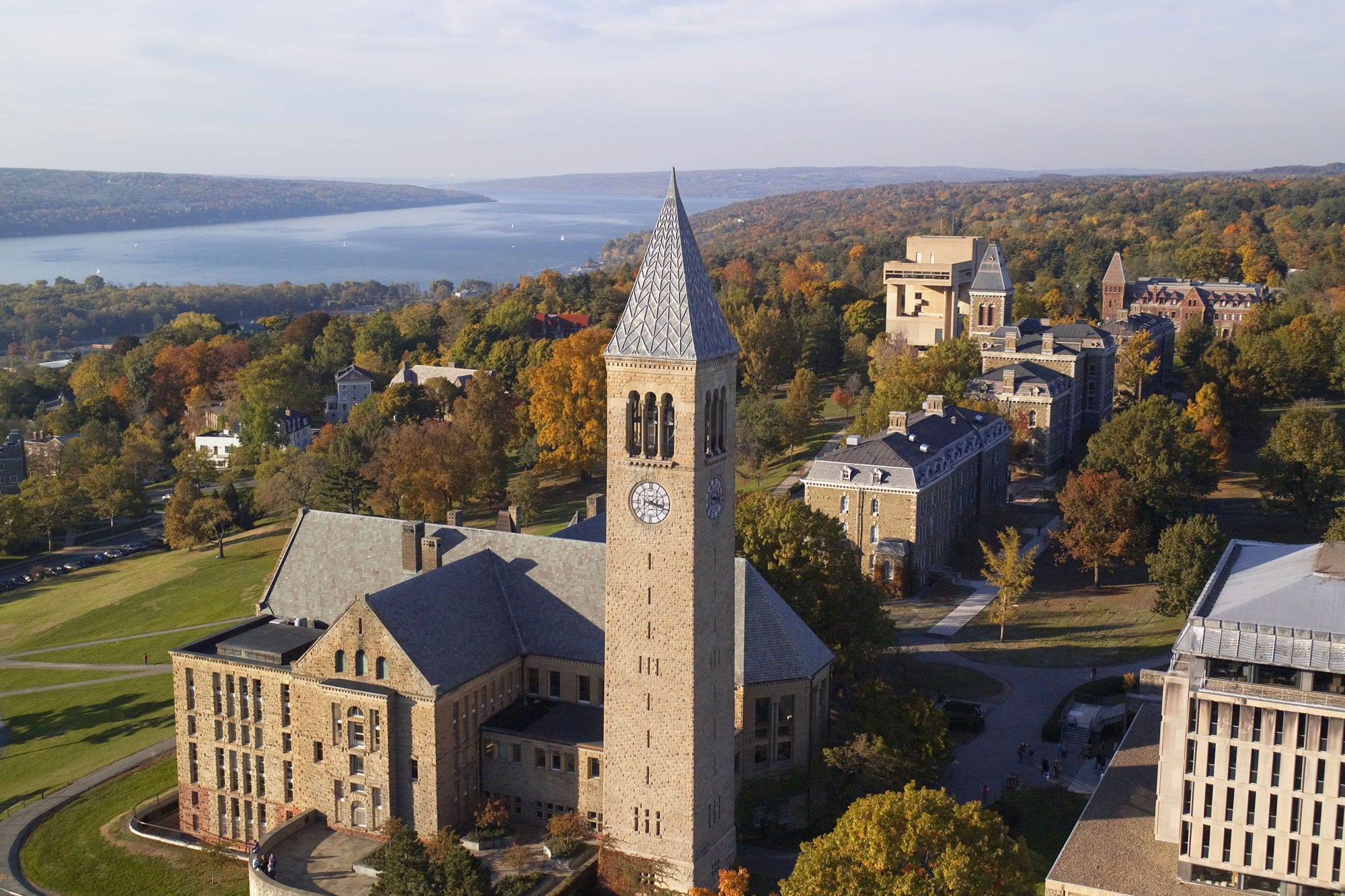
Nestled at 507 Tower Avenue, Morrison Hall serves as the hub for Cornell University's Animal Science program. Spanning 133,000 square feet, the hall houses offices, classrooms, and 25 research laboratories. Off-campus, the department utilizes various facilities to fulfill its teaching, research, and extension missions.
The internationally recognized animal science major faculty is dedicated to advancing the understanding of animal biology and addressing global issues in this industry. Research focuses on areas such as animal management, breeding, genetics, physiology, nutrition, growth biology, and microbiology.
With a commitment to educating the next generation, the department advises nearly 400 undergraduate and around 40 graduate students. Tailoring its curriculum to diverse interests, the programs prepare students for careers in veterinary medicine, dairy science, agribusiness, academic teaching, and research.
Research endeavors within the department cover a broad spectrum, from molecular and cellular biology to the applied biology and management of herds and flocks. Renowned faculty members specialize in disciplines like animal genetics, nutrition, physiology, growth biology, and management systems.
Yves Boisclair
Ph.D. in Animal Science
Specializing in hormonal regulation of metabolism in mammals, with a focus on animal agriculture and human health.
Debbie Cherney
Ph.D. in Animal Nutrition
A trained animal nutritionist, specializing in forage management and quality.
Quirine Ketterings
Ph.D. in Soil Science
Her research activities concentrate on understanding nutrient release and minimizing runoff and leaching losses from various amendments.
Xingen Lei
Ph.D. in Nutritional Genomics
Conducting pioneering research in nutritional genomics, the professor explores antioxidant nutrients, metabolic enzymes, and the origins of chronic diseases.
University of Florida
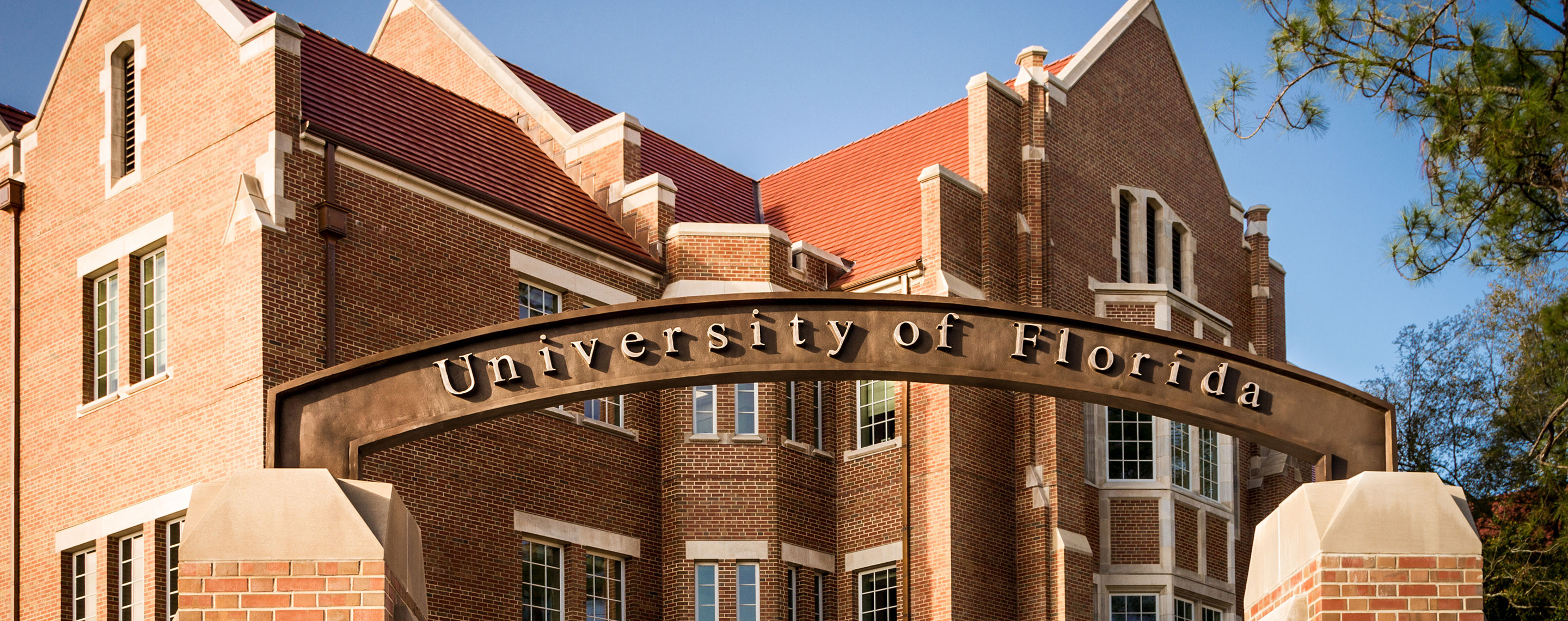
The Animal Sciences Building at the University of Florida, positioned near the L.E. Larson Dairy Science building and UF Veterinary Medicine, serves as the nucleus for the department's academic activities. Within this facility, students find academic and business offices, lecture halls, the UF Meats Processing Center and retail store, a student library, research laboratories, a test kitchen, and graduate student and faculty offices.
The undergraduate teaching program equips students with education and training in animal agriculture. Completing this program leads to a Bachelor of Science degree, providing students with the skills and knowledge necessary for success in the animal industry or further education in graduate or professional schools.
The department offers a program with four specializations: Animal Biology, Equine, Food Animal, and Integrative Sciences. Elective choices allow students to pursue a minor or a dual-major in agribusiness management, extension education, or agricultural operations management while fulfilling the requirements for their chosen specialization.
Adegbola Adesogan
Ph.D. in Animal Production Science
His research focuses on enhancing forage production, quality, and preservation, using additives, forages, and byproducts to improve overall organism production and health.
John Arthington
Ph.D. in Immunology
Dr. Arthington is a seasoned beef cattle scientist who has fulfilled research, extension, and administrative roles at the University of Florida since 1998.
Fernanda Batistel
Ph.D. in Ruminant Nutrition
Dr. Batistel's current research explores the effects of dietary fatty acids on fiber digestion and rumen fermentation, along with investigating the impact of nutrients on fetal programming.
Mario Binelli
Ph.D. in Reproductive Physiology
Dr. Binelli is dedicated to maximizing the proportion of beef cows pregnant at the end of the breeding season, with a specific focus on Bos indicus-based cattle operations.
Harvard University
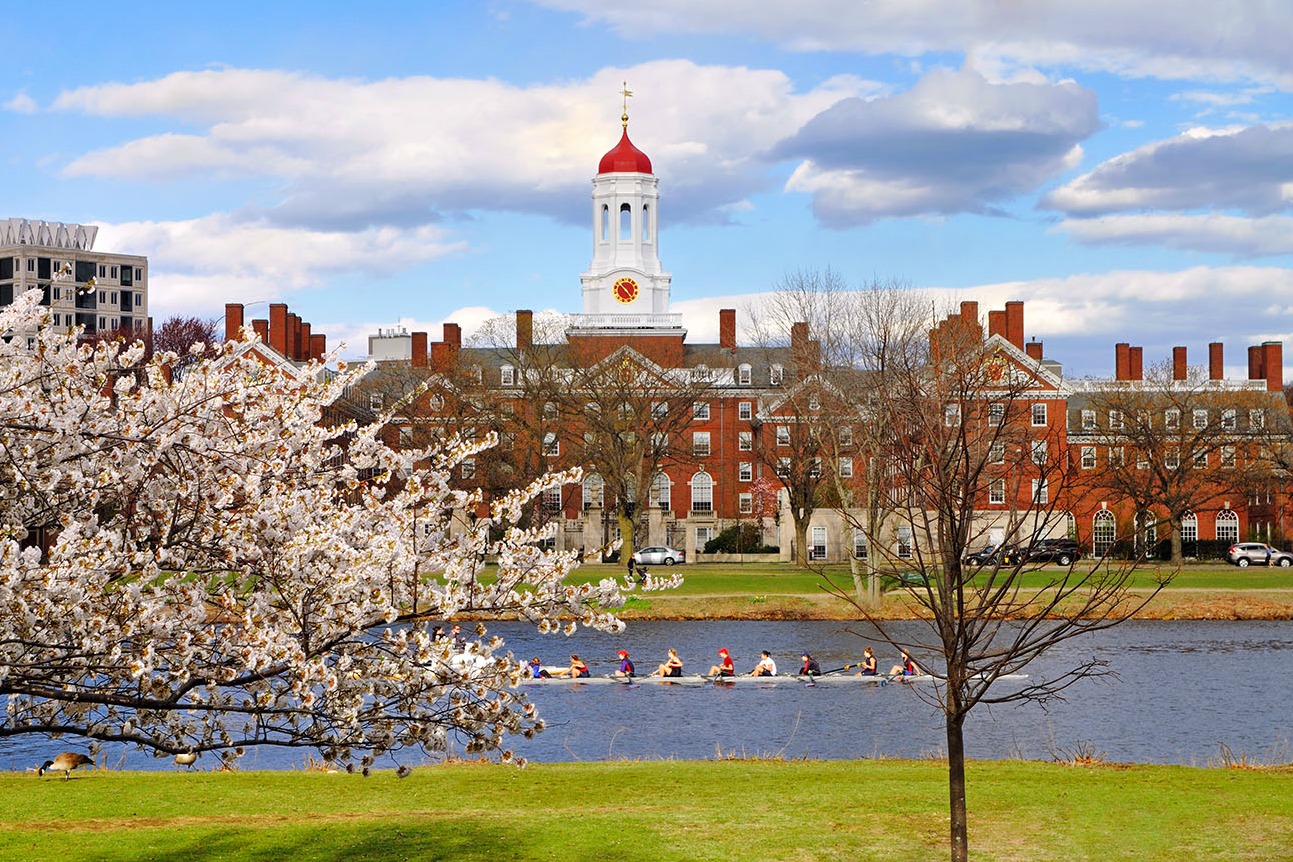
Now, let's shift our focus to Harvard University's animal science program. Here, the animal science major covers key areas like genetics, physiology, and behavior. What makes Harvard stand out is its interdisciplinary approach, allowing students to explore connections between organism science and other fields.
Harvard's substantial resources and research opportunities provide students with a chance to engage in cutting-edge projects alongside esteemed faculty members. While the wildlife science major at Harvard may not be as specialized as some programs, the university's reputation for academic excellence and the opportunity to explore animal science within a broader context make it an appealing choice for students seeking a versatile education.
Benjamin L. de Bivort
Ph.D.
Engaged in groundbreaking research on behavioral variability in fruit flies, particularly Drosophila melanogaster.
Scott V. Edwards
Ph.D.
The research led by Professor Edwards focuses on the evolutionary biology of birds and their relatives.
David A. Haig
Ph.D.
As a theorist, Professor Haig engages in diverse research, ranging from maternal-fetal conflict in human pregnancy to the evolution of plant life cycles.
Hopi E. Hoekstra
Ph.D.
Professor Hoekstra's research is focused on understanding the generation and maintenance of variation in natural populations.
University of California Davis

At the University of California, Davis, the intricate connections between humans and animals are recognized as a fundamental aspect of society, impacting our economy and culture. Animals contribute to our lives through various means, offering food, clothing, recreation, and companionship. The program delves into the biology of animals, emphasizing contemporary, efficient, and humane approaches to caring for and utilizing the animals that share our world.
The program provides hands-on experiential learning opportunities, allowing students to interact with a diverse range of animals, including companions, captives, aquatic, livestock, dairy, and equine.
The academic journey begins with foundational courses providing a comprehensive understanding of biological and physiological sciences. Advanced coursework delves into diverse aspects such as animal behavior, biochemistry, genetics, nutrition, physiology, and the integration of these sciences with animal health and productivity. Students have the option to specialize in a specific discipline like animal behavior or nutrition, or they can focus on the sciences as they relate to a particular class of animals, such as aquatic, companion, or dairy animals.
Kathryn Teixeira
Ph.D. in Agricultural Education
Engaged in the evaluation of informal teacher mentoring and in-service programs in school-based agricultural education.
Carly Moody
Ph.D. in Epidemiology
The professor works with a diverse range of organism species, including companion, farmed, and laboratory organisms.
Payam Vahmani
Ph.D. in Ruminant Nutrition
The professor works on developing nutritional and management programs to increase the level of bioactive nutrients in animal-sourced foods.
Timothy Hackmann
Ph.D. in Nutrition
The professor focuses on studying the microbes of the rumen to enhance the supply of microbial protein available for animal digestion.
University of California Berkeley

At the esteemed University of California, Berkeley, renowned for its academic excellence, students have the opportunity to explore relevant aspects of animal science within the broader context of biological sciences courses. While UC Berkeley does not have a dedicated animal science program, it offers courses focusing on mammal behavior, physiology, and ecology. The program places a strong emphasis on research and inquiry, allowing students to engage in scientific exploration alongside accomplished faculty members.
Though not a specific major at UC Berkeley, students interested in pursuing a career in veterinary medicine can find resources and guidance. The university acknowledges the diverse paths students may take to prepare for veterinary school, considering varying majors, experiences, and interests. The program provides valuable tips for applying to vet school, details on the application process, prerequisites for most schools, and a timeline to assist students in planning their veterinary medicine careers.
Roy L. Caldwell
Ph.D.
Engaged in research in the field of invertebrate behavior and ecology, with a primary focus on the behavioral ecology of stomatopod crustaceans, particularly tropical marine predators.
Daniel Rokhsar
Ph.D.
Engaged in research focused on understanding the origin, evolution, and diversity of animals and other eukaryotes.
Lance Kriegsfeld
Ph.D.
Engaged in research focused on understanding the genetic, cellular, and hormonal mechanisms responsible for the temporal control of motivated behaviors and their underlying physiology.
Christopher Schell
Ph.D.
Conducts research that combines mammal behavior, physiology, urban biodiversity conservation, environmental justice, and One Health, with a specific focus on how carnivores adapt to urban environments.
Michigan State University

Michigan State University's animal science program offers exceptional graduate programs, including Master of Science and Doctor of Philosophy degrees with interdisciplinary options. Tailored to individual goals, these programs provide a strong foundation in biological science and specialized knowledge crucial to animal agriculture.
The shared objectives of these programs include establishing a robust foundation in biological science, fostering creative potential and independent thought, and enhancing technical skills for careers in extension, research, teaching, or agribusiness.
The department provides diverse research specializations, focusing on species like beef or dairy cattle, sheep, swine, horses, poultry, or fur-bearing and laboratory species. Modern facilities support cutting-edge research.
Animal science majors may find opportunities for funded graduate assistantships, offering stipends, tuition waivers, and health insurance coverage. These assistantships, often tied to faculty research programs, provide valuable hands-on experience and financial support.
Cedric Gondro
Ph.D.
Engaged in research focused on evolutionary computation and artificial life for optimizing biological problems, computational methods, and statistical analysis of high-throughput genomic data, as well as evolution, diversity, and population genetics.
Hanne M. Hoffmann
Ph.D.
Dr. Hoffmann utilizes various approaches, including transgenic mouse models, reporter mice, and recordings from live cells and tissues, to explore the relationship between abnormal hypothalamic function and desynchronization of hormone release.
Jim Ireland
Ph.D.
Conducts research on the cattle reproduction program, studying biomarkers for fertility prediction, improving superovulation techniques, etc.
Keith Latham
Ph.D.
Specializes in researching molecular mechanisms regulating early mammalian embryogenesis, with a focus on oocytes, gametogenesis, and the establishment of cell lineages
University of Minnesota Twin Cities
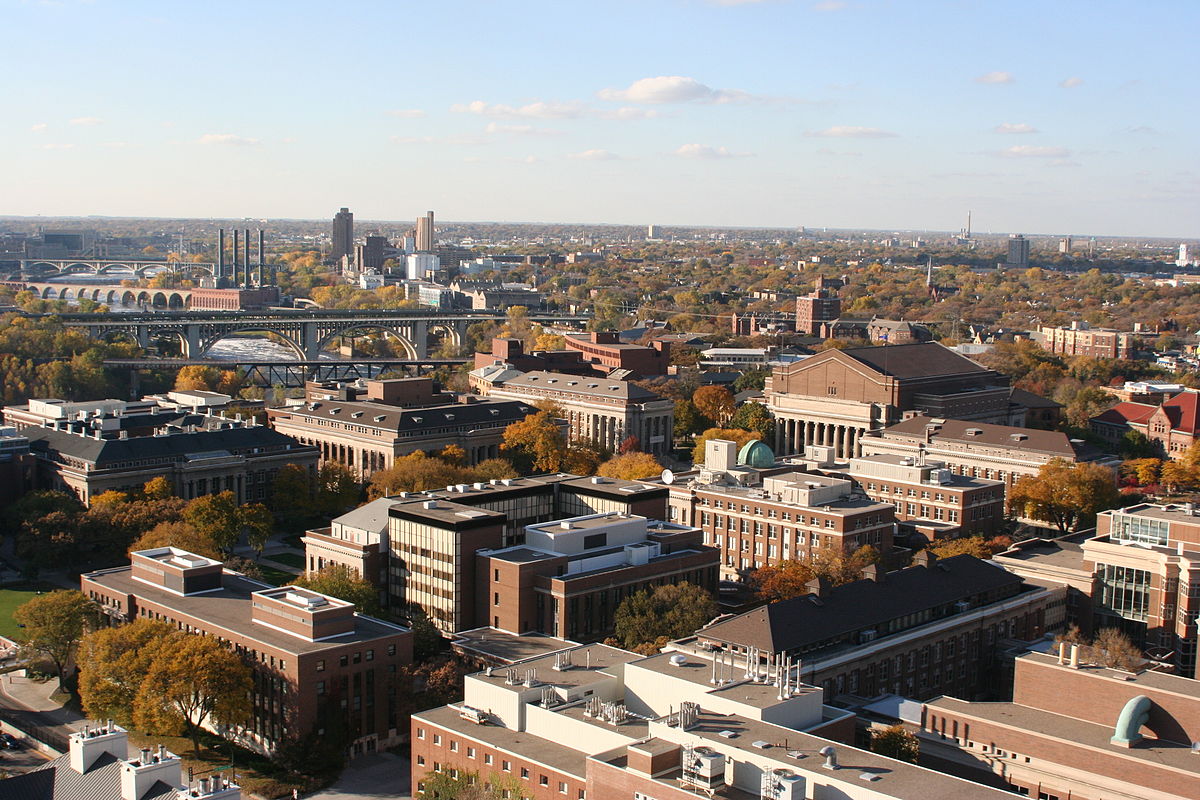
The University of Minnesota Twin Cities' Department of Animal Science is nationally and internationally recognized for its excellence in research, teaching, and extension programs in animal agriculture and biology. The major prepares students for various paths, including veterinary school, managerial roles in animal production, careers in biotechnology, or graduate study in related fields.
Emphasis areas cover industry and business, production, companion animals, equine, or pre-veterinary science, allowing students to specialize in dairy, beef, sheep, swine, equine, companion animal, or poultry.
The program offers varied tracks for animal science students: Pre-Veterinary Medicine/Science for comprehensive knowledge in physical and biological sciences; Industry and Business emphasizing business, communication, and technical animal science; Production providing a solid overview with customization options in areas like beef, dairy, poultry, sheep, swine, or exotics/zoo animals; Companion Animal focusing on welfare, biology, physiology, nutrition, health, and management for careers in shelters, pet stores, service animal management, and companion animal behavior; and Equine with specialized courses for hands-on experience and leadership roles in the horse industry and related fields.
Sam Baidoo
Ph.D.
Specializing in swine production with a focus on nutrition and management factors for economic and environmentally sustainable practices.
Chi Chen
Ph.D.
His research focuses on investigating metabolic changes induced by various challenges using mass spectrometry-based metabolomics, covering endogenous and exogenous metabolites in diverse biological samples.
Brian Crooker
Ph.D.
His research focuses on nutrient use regulation in lactating food-producing animals, exploring physiological, metabolic, and genetic factors affecting lactational performance.
Marcia Endres
Ph.D.
Specializes in research related to the well-being, management, and behavior of dairy cattle.
Duke University
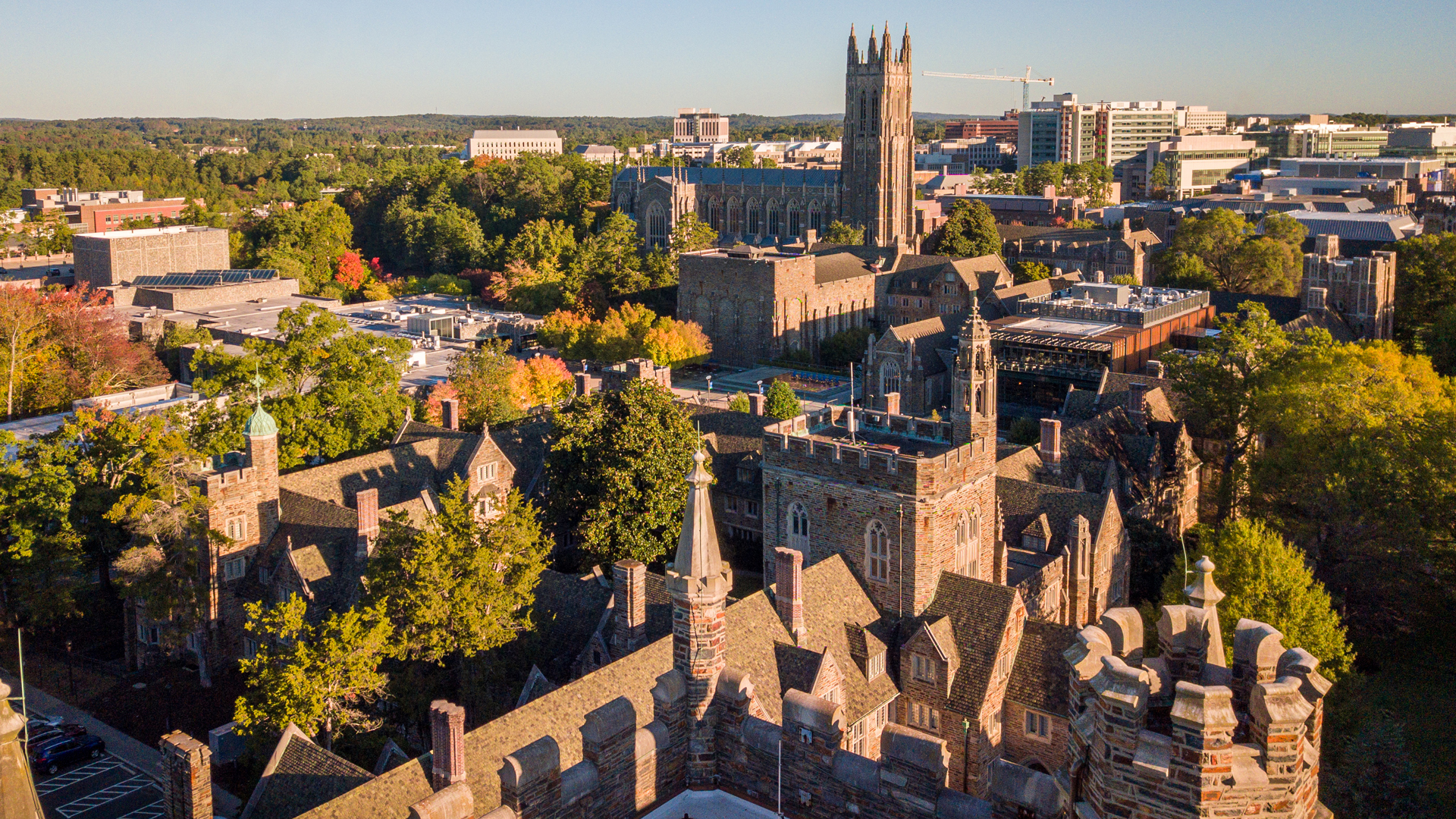
Duke University offers a concentration in Animal Behavior, providing students with an integrated approach to understanding mammal behavior. This program aims to explore behavior from psychological, physical, evolutionary, and biological perspectives. Faculty members from the departments of biology, psychology, biological anthropology, and anatomy collaborate to offer a comprehensive study of this diverse field.
Upon completing the requirements of the program, students will receive a note on their official transcript certifying their successful completion of this specialized area of study. This concentration is a valuable option for students interested in delving into the intricacies of animal husbandry within a multidisciplinary framework at Duke University.
L. Ryan Baugh
Ph.D.
L. Ryan Baugh is a researcher leading the Baugh Lab, which focuses on phenotypic plasticity and physiological adaptation in response to varying environmental conditions.
Sherryl A. Broverman
Ph.D.
She is involved in a program that investigates how incorporating civic issues, international connections, and social engagement can influence the cognitive and affective responses of non-major science students in science education.
Kathleen Donohue
Ph.D.
The professor studies the genetic basis of adaptation, including phenotypic plasticity, maternal effects, epigenetic modifications, niche construction, dispersal, and multilevel natural selection mechanisms.
Sonke Johnsen
Ph.D.
The professor holds multiple appointments at Duke University, including a Professor of Biology, a Professor in the Division of Marine Science and Conservation.
University of Georgia

The Animal and Dairy Science major at the University of Georgia is meticulously crafted to offer technical and applied instruction in various aspects of beef, dairy, horse, sheep, and swine production, covering biological, physical, technical, and economic facets. The comprehensive program delves into fundamental principles such as selection, animal breeding, nutrition, reproduction, and management of livestock for the production of meat, milk, and wool. Additionally, the equine program applies basic and applied sciences to equine production, catering to horses utilized as work or companion animals.
Various opportunities abound for students, including involvement in the American Dairy Science Association Student Affiliate Division (ADSO-SAD), participation in events like Dairy Challenge and Jersey Active Management by Students (JAMS), and access to undergraduate research opportunities. Volunteer and work experiences are available at the Animal and Dairy Livestock Arena, the Animal Science Farm, and through internships with veterinary practices, breed associations, feed companies, animal health companies, laboratories, and the University Dairy Center. The major also encourages participation in student clubs and organizations, offers study abroad opportunities, and provides access to the Food Animal Veterinary Incentive Program (FAVIP).
Amrit Bart
Ph.D.
Dr. Bart is an internationally recognized scientist with expertise in aquatic sciences, aquaculture, and genetic conservation.
Jillian Bohlen
Ph.D.
In her current position, the professor is actively involved in promoting youth development in the dairy industry, emphasizing applied reproduction in cattle.
Todd Callaway
Ph.D.
With a background in ruminant microbiology, his research focuses on the role of ruminal microbes in cattle nutrition and the impact of the gastrointestinal tract on food safety.
Anderson Antonio Carvalho Alves
Ph.D.
Dr. Alves specializes in developing statistical learning methods and computational tools for analyzing large livestock data.
Iowa State University

Concluding our exploration is Iowa State University, a recognized leader in agricultural and biosystems engineering. Boasting cutting-edge research facilities in swine nutrition and ruminant nutrition, and featuring teaching farms for swine, sheep, beef, poultry, dairy, and equine, the program provides students with the knowledge necessary for success in Animal Science or Dairy Science careers. The department is proud to showcase its outstanding faculty and staff, emphasizing a diverse curriculum in the animal sciences. By integrating science, practice, and innovation, the program is dedicated to meeting the needs of citizens and animal industries.
For both undergraduates exploring animal science and graduates aspiring to careers in research or industry, ISU's program offers access to renowned teachers and mentors. The globally recognized faculty, awarded by prestigious organizations, ensures a commitment to excellence, providing students the opportunity to learn, work, and explore this field.
Dean C. Adams
Ph.D. in Ecology and Evolution
Professor Adams is actively involved in developing analytical tools for quantifying multivariate phenotypes, statistical permutation approaches for high-dimensional data, and phylogenetic comparative methods for multivariate phenotypes.
Diane Bassham
Ph.D. in Biological Sciences
The professor's lab is engaged in a significant project on vacuolar autophagy, investigating the pathway for protein degradation during stress and senescence.
Karin Dorman
Ph.D. in Biomathematics
The professor has contributed to the development of statistical models for detecting recombination in pathogen sequences, pinpointing crossover events, and identifying potential hotspots.
Xun Gu
Ph.D. in Biomathematics
His research has contributed to the development of statistical methods and bioinformatics software for predicting functional divergence in protein families.
.webp)
.png)

.webp)
